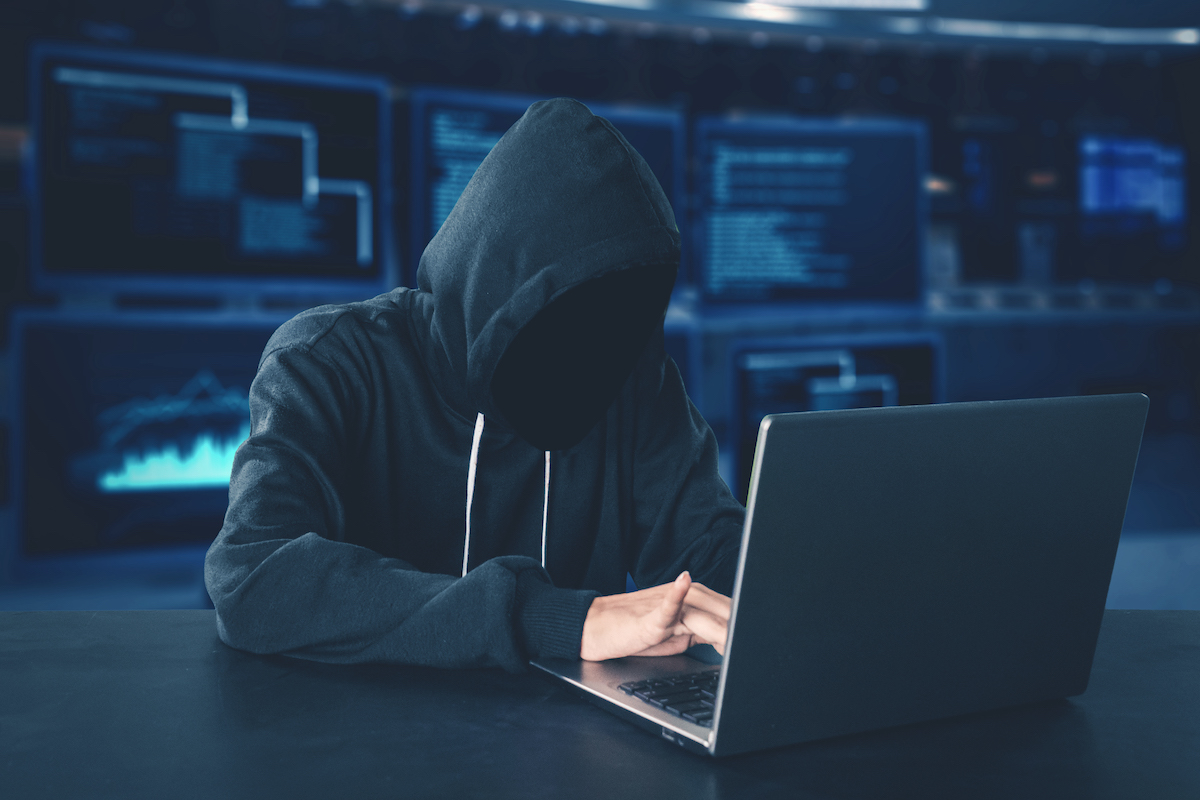Are Hacker Attacks a Real Threat to Small Businesses?

Estimated reading time: 6 minutes
Table of contents
The news is saturated with stories about hackers attacking large companies, such as Facebook, Burger King, or The New York Times. However, hackers aren’t limiting themselves to the big fish, and many small businesses can also become targets of cyberattacks. According to Verizon’s 2021 Data Breach Investigation Report, almost 28 percent of data breaches in 2020 targeted small businesses. What makes it worse is that, according to the National Cyber Security Alliance, 69 percent of small businesses have no cybersecurity plan at all.
But why would hackers want to attack your small business? First and foremost, the data that you hold is a goldmine to them; your small business can also be used as an entry point for a larger attack. Profit can’t be omitted as one of the primary reasons, as for many hackers, it’s simply their job. Fortunately, if you take time to educate yourself on why and how hackers attack small businesses, it will enable you to pay more attention to your company’s cybersecurity. And below, you will find information that may help you get started.
Hackers Value Your Data
Hackers are perfectly aware that even small companies can collect sensitive data, including medical records, credit card information, or Social Security numbers. This type of data is easy to sell for a profit on the Dark Web. The prices vary as they depend on factors such as demand, supply, and the type of the data. Buyers pay for it with cryptocurrency or via Western Union and can later then use it in different ways.
Credit card numbers are usually stolen to create fake clone credit cards for fraudulent transactions. Addresses, Social Security numbers, dates of birth can be used for identity theft, which is an extremely serious crime and can cause many problems for people who fall victim to it. On top of that, businesses that get their client’s data stolen by hackers can rarely recover from such a situation and, as a result of the attack, may be forced to shut down. As such, apart from taking care of cybersecurity, you should also consider the key benefits of BCMS (Business Continuity Management System) as well as crisis management solutions.
They Use Your Business as an Entry Point For a Larger Attack
Hackers often use small businesses as a way to gain access to larger companies, which are usually (though not always) tougher to penetrate. They can access bigger corporations’ gateway servers through credentials stolen from smaller businesses.
This is exactly what happened in 2013 when the retail giant Target was attacked through their much smaller, third-party vendor. As a result, data from up to 40 million credit and debit cards of shoppers was stolen, and, in 2017, Target agreed to pay $18.5 million to settle claims of 47 states and the District of Columbia.
On top of that, if a hacker gets their hands on your customers’ personal information, they can use it to target them with phishing campaigns and other methods. They are also likely to blackmail people by threatening to publish their private information online or sell it to someone else who could use it in illegal ways. This can cause you tons of legal problems you’ll never recover from.
They Want Profit
Profit is one of the main reasons behind any cyberattack. There are, undoubtedly, people who just hack for fun or as a way to test their skills, but the vast majority of malicious attacks are done with the prospect of financial gain in mind.
As mentioned above, hackers have the option to sell the data on the Dark Web, but they can also choose to keep it for themselves and use it to open fake bank accounts, steal people’s identities, take out loans and cause lots of financial damage to their victims. Sometimes, after attacking a company and stealing its data, hackers can also demand ransom. A lot of companies who decide to pay the ransom never get their files back.
As a Small Business Owner, What Can You Do?
Here are some things you can do as a business owner to protect your company from hacker attacks:
Have a Cybersecurity Plan in Place
A cybersecurity plan will allow you to assess the risks, understand how hackers work, identify your vulnerabilities, and ensure that you have all the information you need about what to do in case an attack happens. It will also help your employees comprehend how their actions can affect the business’s cybersecurity and what they can do to prevent a hack.
Educate Yourself and Your Employees on Cybersecurity
Make sure everyone in your business understands what phishing emails are and how they spread malware. Employees should also know that spam emails can contain infected attachments, so they shouldn’t open them. Moreover, it’s vital that they know what ransomware is and how it works so they won’t pay if they are hit by such an attack. Last but not least, learn how to use tools that can help you detect suspicious activity on your network.
Update Your Software & Use Secure Passwords
Update software regularly as soon as an update is available – it’s one of the easiest ways to protect your business. Then, create backups of your systems and data in case you lose it due to a cyberattack or any other event. Also, try to make sure you use secure passwords that contain upper and lowercase letters, numbers, and symbols. Avoid using passwords that can be easily hacked, and consider investing in a secure password manager.
Conclusion
In the world of technology and digital devices, we create a lot of data. However, there are people who take advantage of our sometimes careless behavior and use it to commit cybercrimes. For example, phishing emails are commonly used in identity theft, while ransomware – to extort money from people. In both cases, the attackers try to take advantage of people’s trust or the lack of adequate knowledge about the online environment and use it for their advantage.
Fortunately, there are ways to improve your online security and protect yourself from such attacks. It’s essential that small business owners make sure to regularly update their software, use secure passwords, and educate themselves and their employees on the dangers of cyberattacks. It’s better to be safe than sorry.







